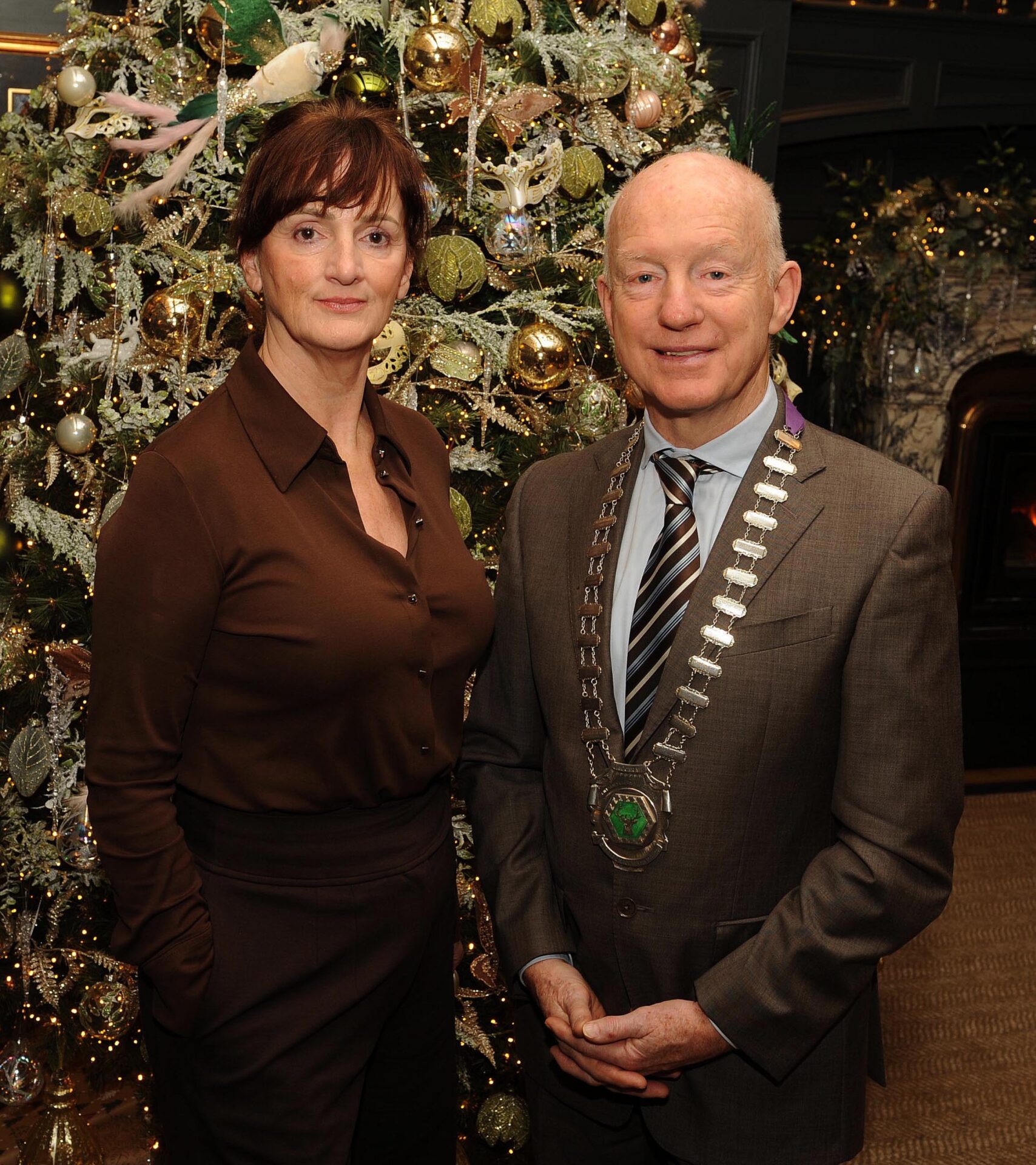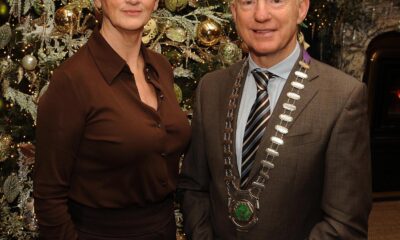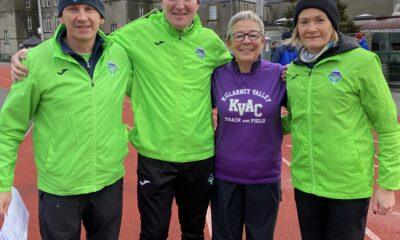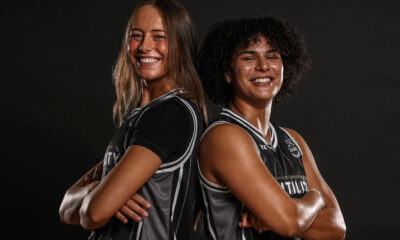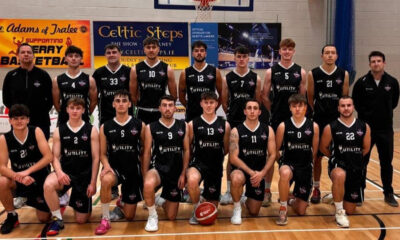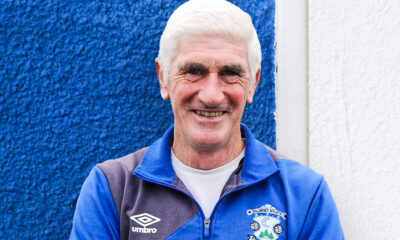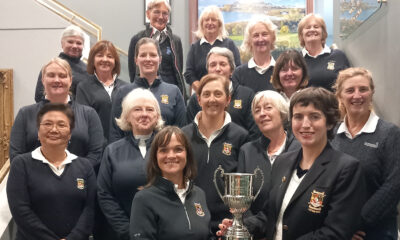News
Housing Crisis: Killarney Then and Now

A striking photograph from 1967, provided to the Killarney Advertiser by former town mayor Sean Grady, reveals a protest outside Killarney Town Hall.
The demonstration, held by the people of the town, highlighted the very same issue being debated by elected officials this month: the lack of affordable housing in the town.
At the recent Killarney Municipal District meeting, the topic of affordable housing once again took centre stage.
Councillor John O’Donoghue of the Kerry Independent Alliance voiced his concerns, stating that to buy a house in Killarney, one seemingly needs to be either a millionaire or eligible for social housing, leaving those in the middle struggling.
He called on the local authority to provide an update on plans for affordable housing in the area.
Elected members echoed these sentiments, telling the council that young workers are increasingly priced out of the Kerry housing market.
Councillor O’Donoghue stressed that affordable housing must be a priority for the council moving forward. He described the situation where working young couples, earning too much for social housing but not enough to afford market prices, as a sign of a broken national housing system.
In response, Kerry County Council stated they are collaborating with Approved Housing Bodies (AHBs) and developers to meet targets set out in the ‘Housing for All’ policy.
They also mentioned a proposed Government Starter Home Programme.
Independent councillor Brendan Cronin questioned why towns in Cork have completed affordable housing schemes while Killarney has none.
He pointed out the significant number of people in Kerry working hard who cannot afford homes and are forced to live with their parents due to exorbitant rents.
Fianna Fáil councillor Niall Kelleher supported the motions, noting the existence of a successful affordable housing scheme in Boherbue, just across the county border, while in Kerry, professionals like doctors and teachers struggle to afford homes.
Councillor Cronin further illustrated the disparity by stating that a new three-bedroom house in Killarney can cost around €550,000, compared to approximately €300,000 for a similar property in some Cork towns.
The council responded by arguing that comparing Killarney to towns like Macroom or Mallow is not a fair comparison due to differences in land, building, and development costs. However,
Councillor Cronin countered this, questioning if building materials were indeed more expensive in Kerry than in Cork. He urged Kerry County Council to utilise the land it already possesses to develop affordable housing, emphasizing the need to move from planning to actual construction.
News
An end of year message from Johnny McGuire, President, Killarney Chamber of Tourism and Commerce
It has been a particularly busy and a hugely progressive and positive year for Killarney Chamber of Tourism and Commerce in 2025 with many highlights that have helped maintain Killarney’s […]


